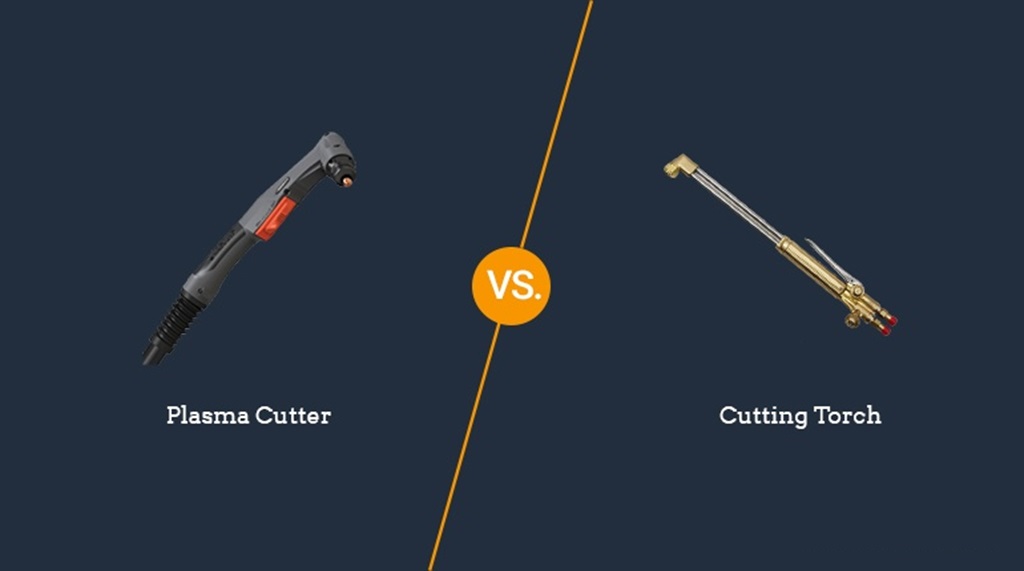Are your residential windows in need of replacement? Perhaps they have become cracked, damaged, or outdated, and you’re looking for ways to enhance the appearance and energy efficiency of your home. Residential window glass replacement is a significant investment that can greatly improve the comfort and aesthetics of your living space. In this article, we will provide you with valuable tips to consider when replacing your residential window glass.
Assess Your Needs and Goals
Before beginning your residential window glass replacement project, it’s important to assess your needs and goals. Take a moment to determine the primary reasons for replacing your windows. Do you want to improve energy efficiency, enhance curb appeal, or reduce outside noise? Understanding these objectives will help you make informed decisions throughout the replacement process. Additionally, it’s a good idea to inspect the walls around the windows for any signs of damage, such as a 45 degree drywall crack, as this can affect the installation and overall performance of your new windows.
Choose the Right Type of Glass
When selecting glass for your residential windows, it’s important to consider factors such as energy efficiency, safety, and sound insulation. Double or triple-pane glass with low-emissivity (low-E) coating is a popular choice for its ability to reduce heat transfer and UV radiation. Additionally, laminated or tempered glass can enhance safety and security by providing impact resistance and preventing shattering.
Consider Frame Materials
The choice of frame materials for your residential windows can significantly impact their durability, energy efficiency, and aesthetics. Common options include wood, vinyl, aluminum, and fiberglass. Each material has its advantages and disadvantages, so it’s crucial to research and compare their features before making a decision.
Hire a Professional Window Installation Service
Proper installation is vital to ensure optimal performance and longevity of your new residential windows. Hiring a professional window installation service is highly recommended, as they have the expertise and tools to handle the job efficiently and effectively. Professional installers can also provide valuable advice on window selection and address any specific requirements or concerns you may have.
Explore Energy-Efficient Options
Energy efficiency is a key consideration when replacing residential window glass. Energy-efficient windows can help reduce heating and cooling costs by minimizing heat loss or gain. Look for windows with a high energy efficiency rating, such as those certified by ENERGY STAR. These windows are designed to meet strict energy efficiency guidelines and can significantly contribute to energy savings in your home.
Research Brands and Models
To ensure the quality and reliability of your residential window glass, it’s important to research different brands and models available in the market. Look for reputable manufacturers with a track record of producing high-quality windows. Reading customer reviews and seeking recommendations from trusted sources can provide valuable insights into the performance and durability of various brands and models.
Take Accurate Measurements
Accurate measurements are crucial for a successful window replacement project. Improperly measured windows can lead to gaps, air leakage, and compromised insulation. When measuring your windows, be thorough and precise, or consider hiring a professional to take measurements on your behalf. This will help ensure that the replacement windows fit perfectly, providing a tight seal and optimal performance.
Consider Noise Reduction
If you live in a noisy neighborhood or near a busy street, noise reduction may be an important factor to consider when replacing your residential window glass. Opting for soundproof or laminated glass can significantly reduce outside noise, creating a quieter and more peaceful indoor environment.
Seek Professional Advice
If you’re unsure about the best window replacement options for your specific needs and budget, don’t hesitate to seek professional advice. Window specialists or consultants can provide personalized recommendations based on your requirements and guide you through the selection and installation process. Their expertise can save you time, money, and potential headaches in the long run.
Proper Maintenance and Care
After your residential window glass replacement project is complete, it’s essential to practice proper maintenance and care to maximize their lifespan. Regularly clean your windows using non-abrasive materials and avoid harsh chemicals that can damage the glass or frames. Lubricate hinges and hardware as recommended by the manufacturer to ensure smooth operation.
Conclusion
Residential window glass replacement is a valuable investment that can enhance the appearance, energy efficiency, and comfort of your home. By following the tips mentioned in this article, you can make informed decisions and ensure a successful window replacement project. Remember to assess your needs and goals, choose the right glass and frame materials, hire professionals for installation, and explore energy-efficient options. Taking these steps will not only improve the aesthetics of your home but also contribute to energy savings and a more comfortable living environment. For example, if you are replacing windows in a room with drywall walls, you will need to know how to install window trim over drywall. This can be done by cutting the trim to size and then attaching it to the wall with nails or screws.
FAQs (Frequently Asked Questions)
- How often should residential window glass be replaced?
The lifespan of residential window glass varies depending on various factors such as quality, maintenance, and exposure to environmental conditions. However, on average, windows can last for 20 to 30 years before requiring replacement.
- Are energy-efficient windows worth the investment?
Yes, energy-efficient windows are worth the investment. They can significantly reduce heating and cooling costs and contribute to a more comfortable indoor environment. Over time, the energy savings can offset the initial investment.
- Can I replace window glass on my own, or should I hire professionals?
While it’s possible to replace window glass on your own, it is highly recommended to hire professionals. They have the expertise and tools to ensure proper installation, which is essential for optimal performance and longevity of the windows.
- How much does residential window glass replacement cost?
The cost of residential window glass replacement can vary depending on factors such as the size of the windows, type of glass, frame materials, and installation requirements. It is best to request quotes from multiple window replacement companies to get a better idea of the cost.
- Can window replacement improve the resale value of my home?
Yes, window replacement can improve the resale value of your home. Newer, energy-efficient windows are attractive to potential buyers and can enhance the overall aesthetics and functionality of the property.





